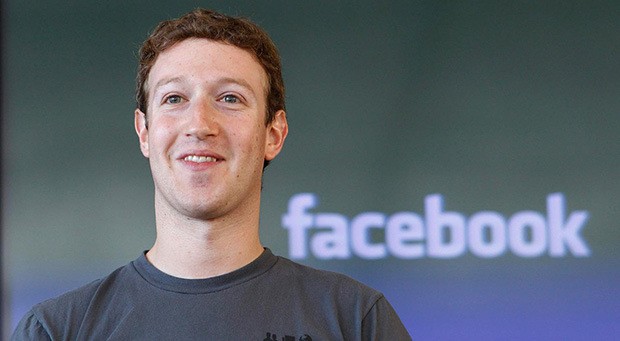ALPHABEATIC: More reasons why Internet.org won’t help the open Internet
Bringing Internet.org into these areas cements the dominance of deeply entrenched information monopolies and stifles the possibility for those regions to develop their own digital economy that suits their needs. Article by Peter Nowak for Alphabeatic You may have seen the billboards around town advertising something called Internet.org. The posters say the next generation of magicians or inventors in developing countries shouldn’t be denied the privilege of connecting to each other because they can’t get onto the internet.
Bringing Internet.org into these areas cements the dominance of deeply entrenched information monopolies and stifles the possibility for those regions to develop their own digital economy that suits their needs.
Article by Peter Nowak for Alphabeatic
You may have seen the billboards around town advertising something called Internet.org. The posters say the next generation of magicians or inventors in developing countries shouldn’t be denied the privilege of connecting to each other because they can’t get onto the internet.
The ads, which come off as bizarre thanks to their lack of context, are the brainchild of Facebook, as is the whole concept of the Internet.org effort they’re designed to promote.
If you haven’t heard, Internet.org is the pet project of Facebook chief executive Mark Zuckerberg. Its goal is to connect the billions of people in developing countries who aren’t yet online by giving them access to certain portions of the internet for free.
Along with Facebook itself, a few health, education and jobs services are exempted from wireless data fees, meaning that poor individuals can get at least some of the internet rather than none of it.
Facebook, in partnership with local telecom companies and tech concerns including Nokia and Samsung, has rolled the project out to nine countries including India, Colombia and Guatemala, reaching some 800 million users.
- Read more at Alphabeatic



 Take action now!
Take action now!
 Sign up to be in the loop
Sign up to be in the loop
 Donate to support our work
Donate to support our work